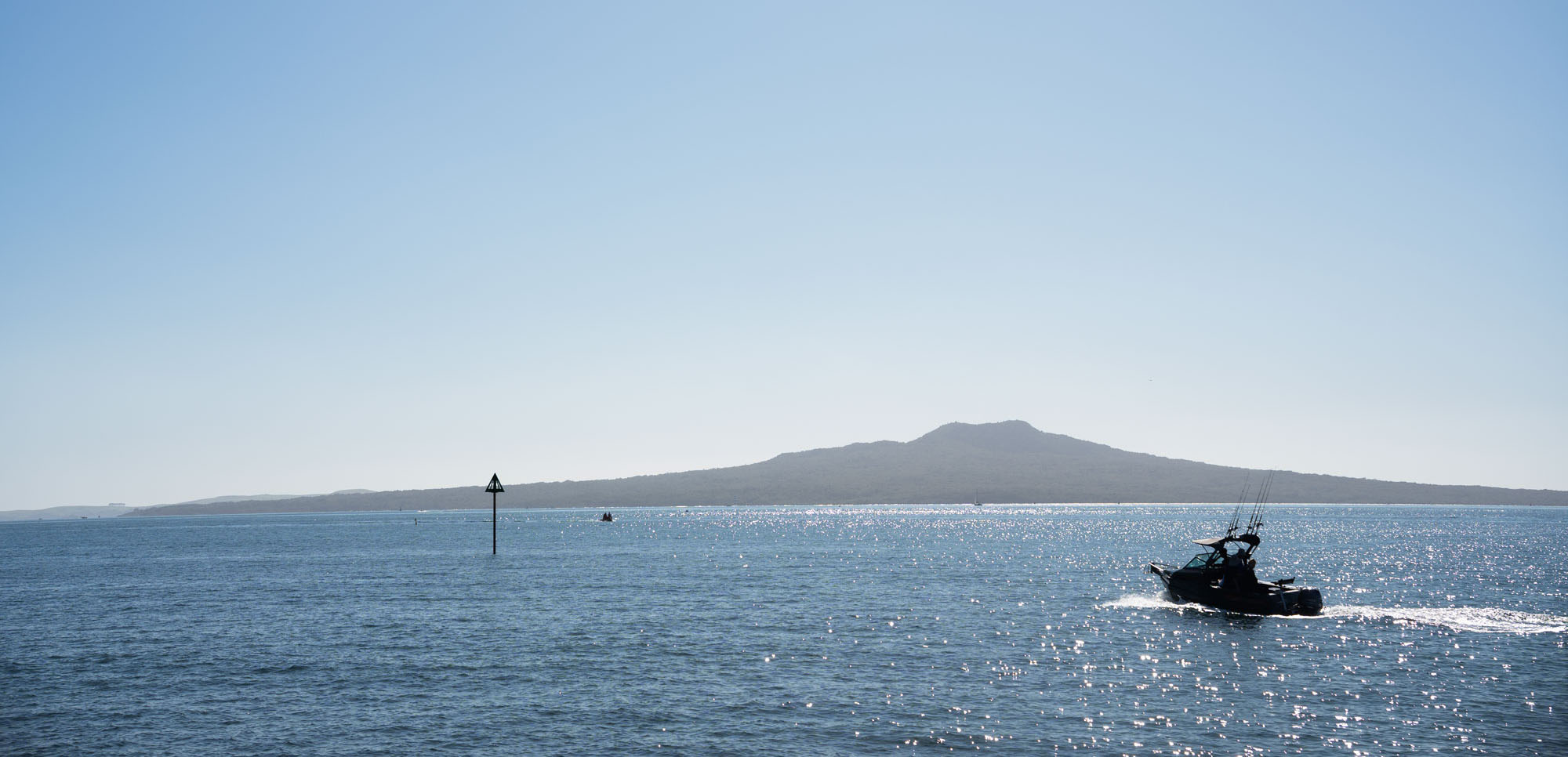Investing in communities
Funding priorities in 2025/26 are shaped by data-driven evidence.
Drowning risk in Aotearoa isn’t the same everywhere. The highest risks are seen where there is both high exposure to water-related activities and low levels of water safety knowledge or training.







